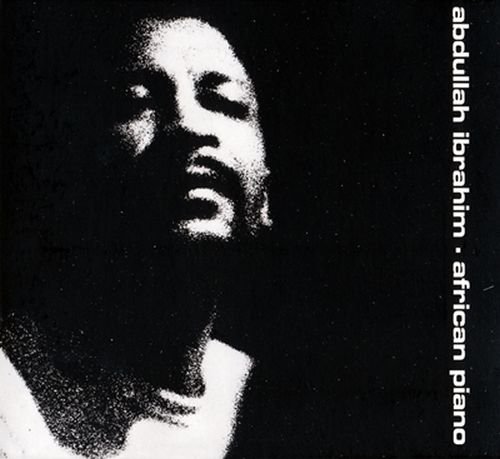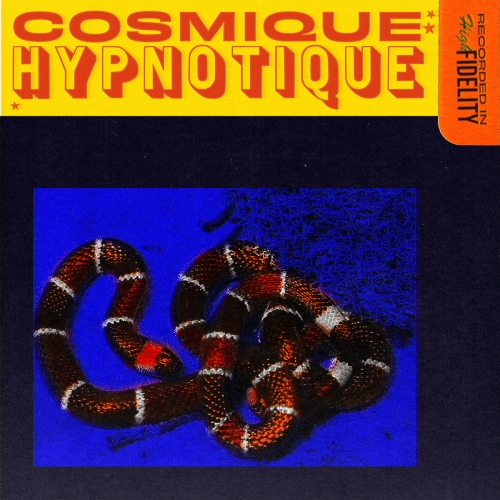Zvonimir Nagy - Zvonimir Nagy: Angelus (2018) [Hi-Res]

Artist: Zvonimir Nagy
Title: Zvonimir Nagy: Angelus
Year Of Release: 2018
Label: Ravello Records
Genre: Classical
Quality: FLAC 24 Bit (44,1 KHz / tracks)
Total Time: 63:31 min
Total Size: 499 MB
WebSite: Album Preview
Tracklist:Title: Zvonimir Nagy: Angelus
Year Of Release: 2018
Label: Ravello Records
Genre: Classical
Quality: FLAC 24 Bit (44,1 KHz / tracks)
Total Time: 63:31 min
Total Size: 499 MB
WebSite: Album Preview
01. Angelus : Angelus 09:51
02. Litanies of the Soul : I. — 03:11
03. Litanies of the Soul : II. — 03:14
04. Litanies of the Soul : III. — 04:30
05. Litanies of the Soul : IV. — 02:43
06. Litanies of the Soul : V. — 03:10
07. Prayer : Prayer 06:40
08. 2 Canons : Inner Self 03:52
09. 2 Canons : Carmen Perpetuum 03:18
10. Preludes for a Prayer : I. — 02:47
11. Preludes for a Prayer : II. — 02:57
12. Preludes for a Prayer : III. — 01:20
13. Preludes for a Prayer : IV. — 04:51
14. Preludes for a Prayer : V. — 02:16
15. Preludes for a Prayer : VI. — 02:07
16. Preludes for a Prayer : VII. — 06:34
Zvonimir Nagy’s ANGELUS is a singular journey into a meditative state. Like the commemoration of annunciation, Nagy’s album features music for thoughtful contemplation, using solo organ to create delicate space for inner exploration throughout the life of the album.
Themes of spiritual reflection are evident in most of the tracks. Inspired by Philippians 4:13, “Prayer" features a melody that is moody, melancholic, and mournful, a plea for forgiveness. Later on, in the back half of the album, the seven movements of the “Preludes for a Prayer" embrace the ambience created by Nagy’s solo organ performance.
ANGELUS is Nagy’s foray into a unique blend of post-minimalism and traditional. The composer finds inspiration in both ends of the spectrum. The tender droning melodies ring in the eponymous track evoking ease and a soothing mood. In stark contrast, the five movements of “Litanies of the Soul" generate augmented power, creating the yin and yang of disturbing and recreating peace.
While the album promotes the theme of internal investigation, the performance is by no means stream-of-consciousness. Despite its free-flowing feel, each composition is meticulously written. Rather than being a reactionary performance, the movements in ANGELUS feel like chapters in a document. Each one captures the shifts in dynamic and repetitive melodies that builds the complexity with each passing second until the explosion of the last movement arrives. Then, just as quietly as ANGELUS was born, the finale rings into a moment of closure and then ceases, completed.
Themes of spiritual reflection are evident in most of the tracks. Inspired by Philippians 4:13, “Prayer" features a melody that is moody, melancholic, and mournful, a plea for forgiveness. Later on, in the back half of the album, the seven movements of the “Preludes for a Prayer" embrace the ambience created by Nagy’s solo organ performance.
ANGELUS is Nagy’s foray into a unique blend of post-minimalism and traditional. The composer finds inspiration in both ends of the spectrum. The tender droning melodies ring in the eponymous track evoking ease and a soothing mood. In stark contrast, the five movements of “Litanies of the Soul" generate augmented power, creating the yin and yang of disturbing and recreating peace.
While the album promotes the theme of internal investigation, the performance is by no means stream-of-consciousness. Despite its free-flowing feel, each composition is meticulously written. Rather than being a reactionary performance, the movements in ANGELUS feel like chapters in a document. Each one captures the shifts in dynamic and repetitive melodies that builds the complexity with each passing second until the explosion of the last movement arrives. Then, just as quietly as ANGELUS was born, the finale rings into a moment of closure and then ceases, completed.
![Calibro 35 - Exploration (Deluxe Edition) (2026) [Hi-Res] Calibro 35 - Exploration (Deluxe Edition) (2026) [Hi-Res]](https://www.dibpic.com/uploads/posts/2026-02/1770195253_prs31td9h1vkc_600.jpg)







